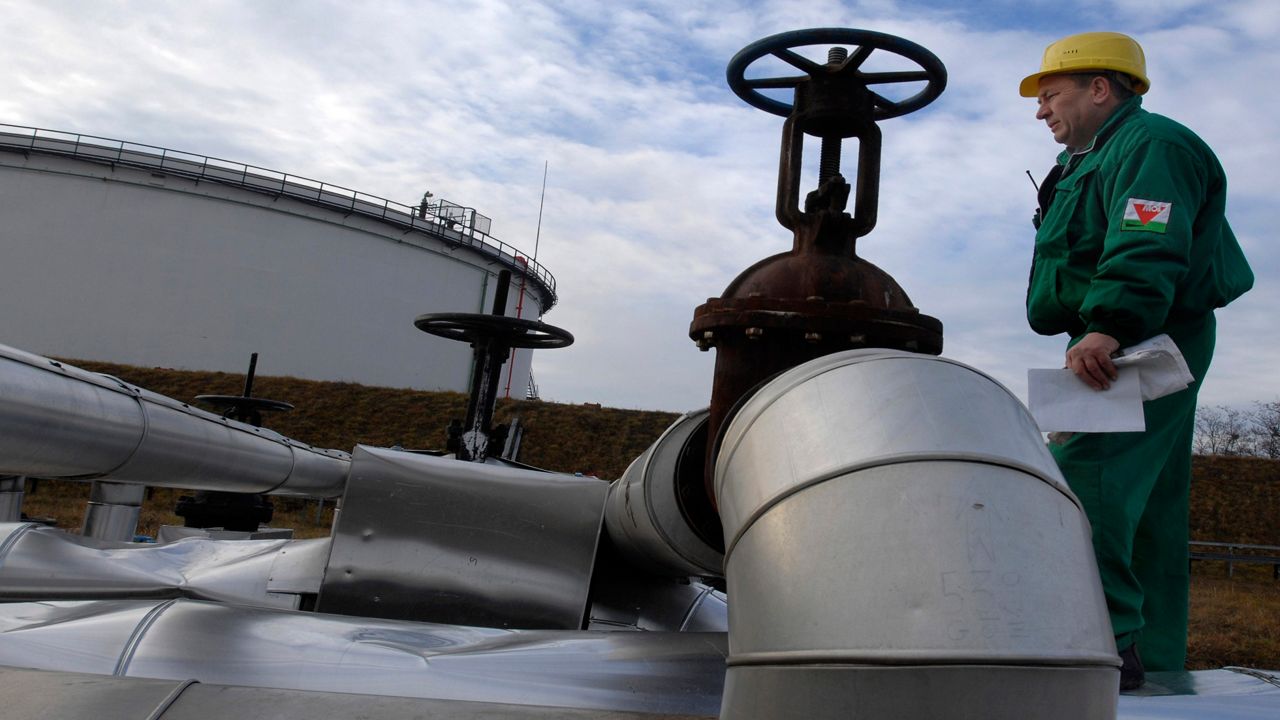PRAGUE (AP) — Oil shipments from Russia through a critical pipeline to Czechia resumed Friday after more than a week, the Czech pipeline operator Mero said.
Czechia became the last central European country after Slovakia and Hungary to receive deliveries from the southern branch of the Druzhba pipeline after a problem over payments for transit was resolved.
Russian state pipeline operator Transneft said Tuesday it halted shipments through the southern branch of the Druzhba pipeline, which runs through Ukraine to Czechia, Slovakia and Hungary. The northern leg of the Druzhba pipeline, which runs through Belarus to Poland and Germany, was unaffected.
Transneft cited complications due to European Union sanctions for its action on Aug. 4, saying its payment to the company’s Ukrainian counterpart was refused.
On Wednesday, the payment was made by Slovak refiner Slovnaft after both Russia and Ukraine agreed to the solution. Slovnaft is owned by Hungary’s MOL energy group.
But Slovnaft said the deal covered only shipments to Slovakia and Hungary and not to Czechia.
Slovak Economy Minister Richard Sulik said the problem was caused by the refusal of an unnamed bank in Western Europe to transfer the money due to the sanctions imposed by the EU on Russia for its war on Ukraine.
Czech Industry and Trade Minister Jozef Kisela said Friday that authorities had found a way to make the original money transfer possible. He declined to give details.
Two Czech oil refiners, including the one in Litvinov that processes Russian oil, are owned by Poland’s oil and energy giant PKN Orlen.
EU leaders agreed in May to embargo most Russian oil imports by the end of the year as part of the bloc’s sanctions over Moscow’s invasion of Ukraine.
The embargo covers Russian oil brought in by sea, but allowed temporary Druzhba pipeline shipments to Hungary and certain other landlocked countries in central Europe, such as Slovakia and Czechia.
The Czechs receive less than a half of the oil the country needs through the Druzhba pipeline.



